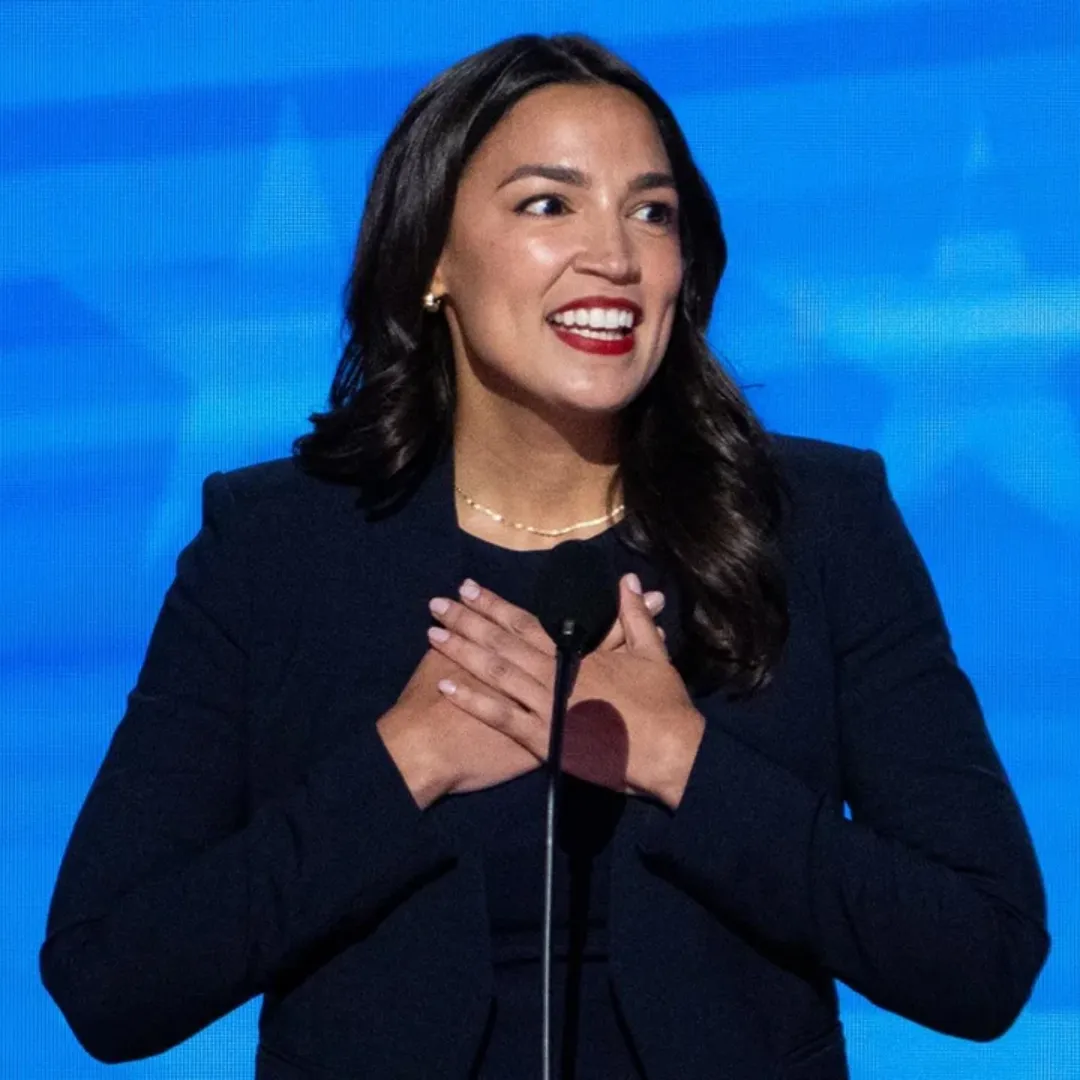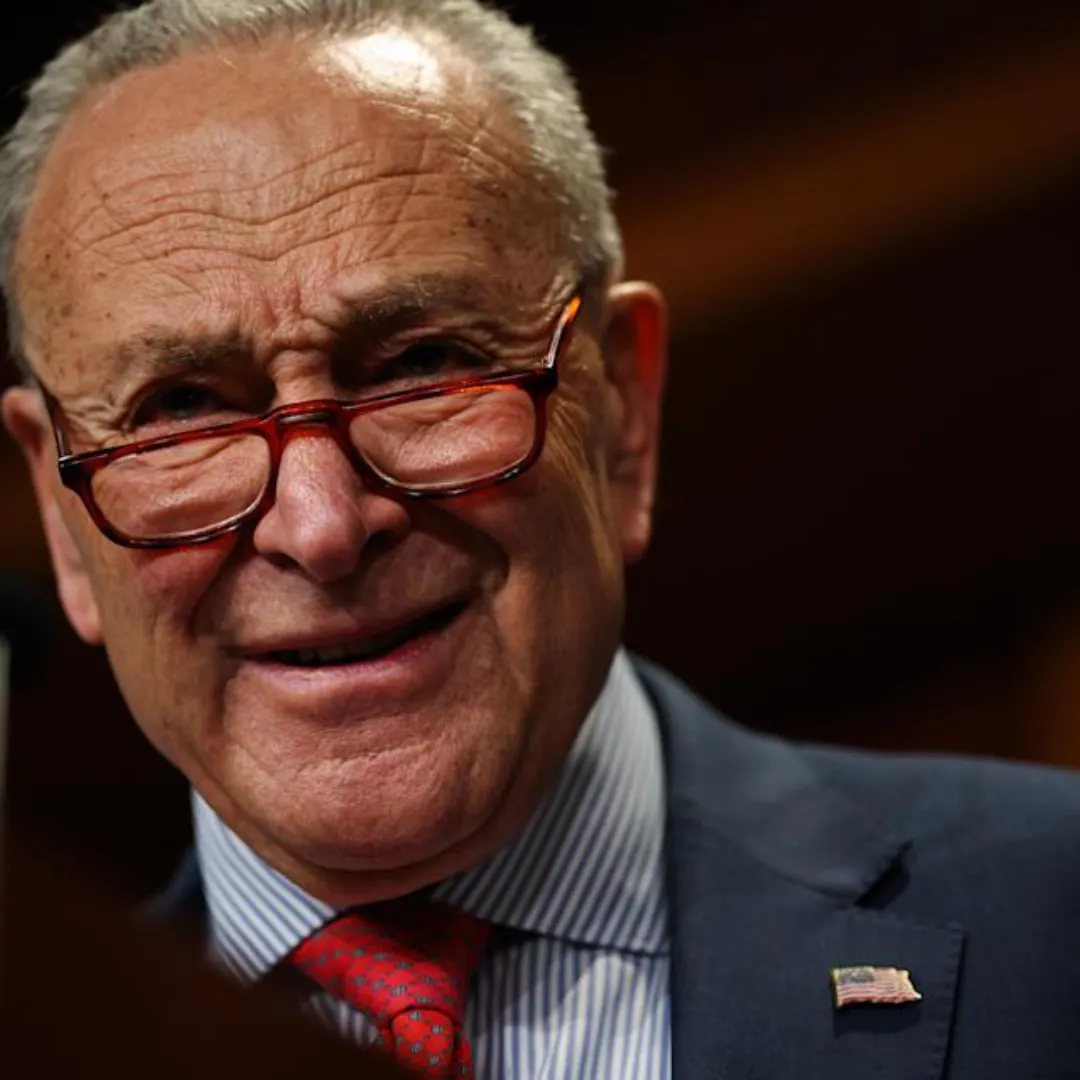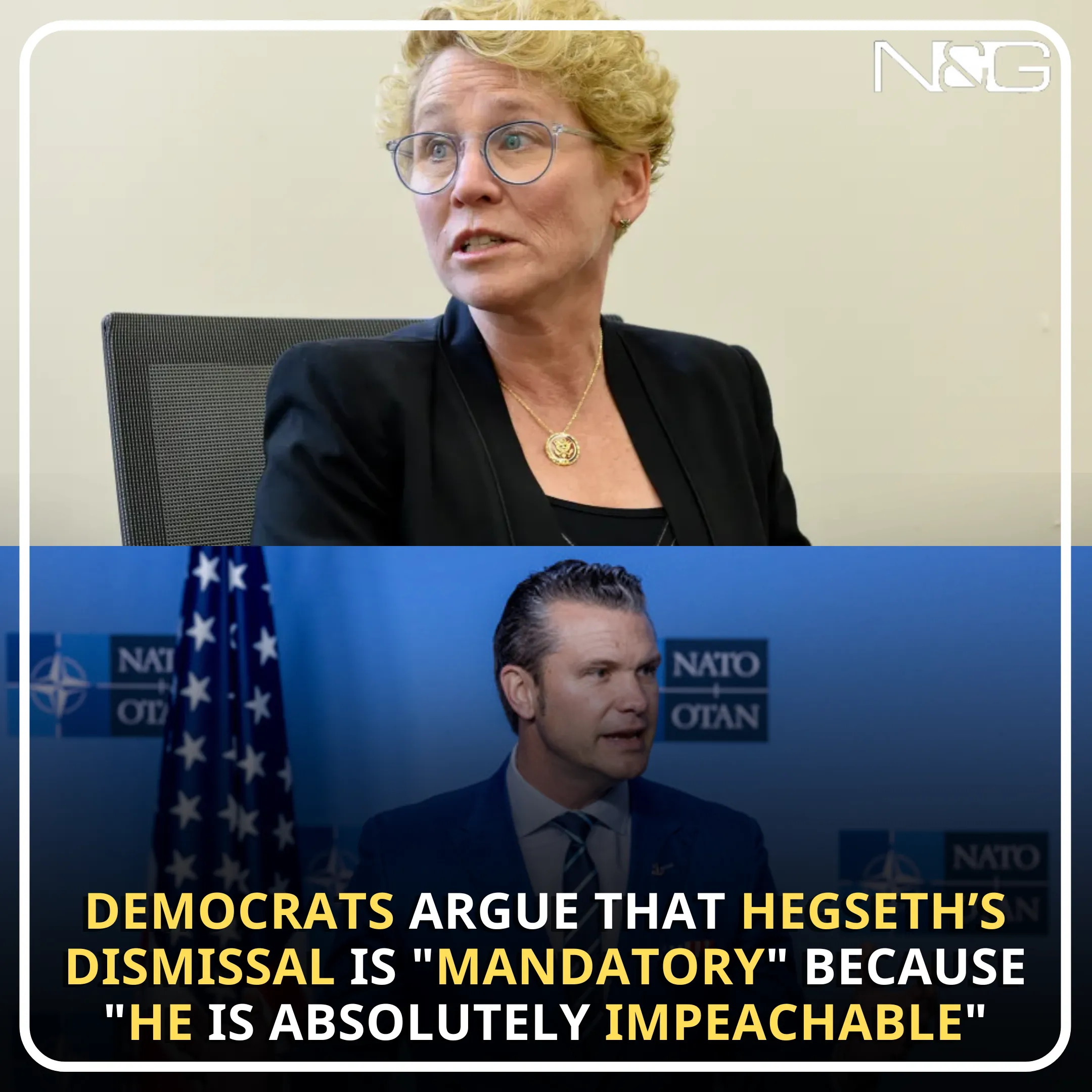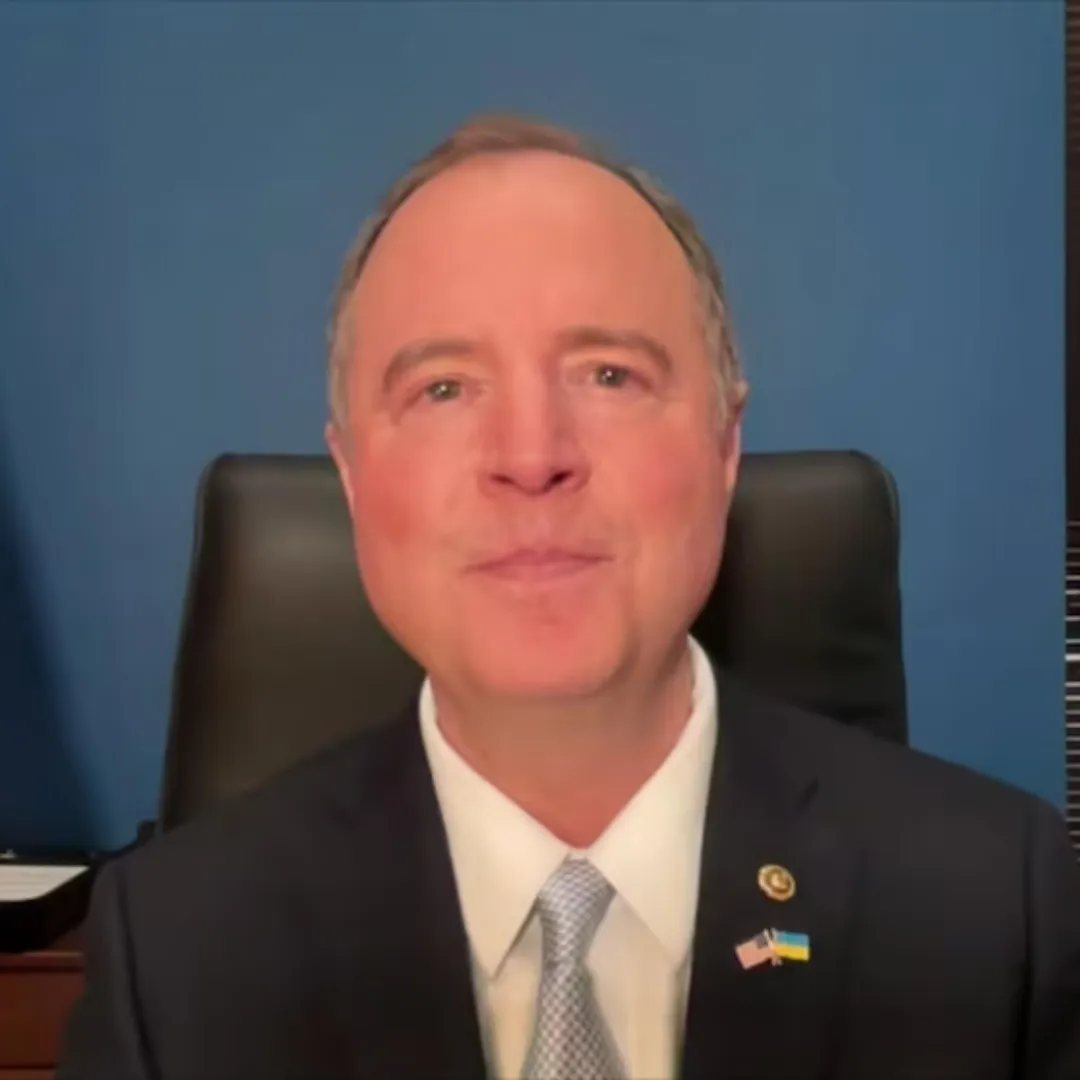
In the aftermath of a leaked Signal group chat involving the highest echelons of the Trump administration, a rare glimpse has emerged into the ideological fault lines running beneath the surface of an administration that often projects unity.
At the center of the story: Vice President JD Vance, whose measured objections to the March 15 military strikes against Houthi rebels in Yemen reveal a more cautious, isolationist stance—one that contrasts with President Trump’s triumphalist messaging.
The chat, made public by Atlantic editor-in-chief Jeffrey Goldberg—who was inadvertently added to the group by National Security Adviser Mike Waltz—shows that Vance, once a critic of Trump’s “America First” foreign policy, is now among its most sincere and thoughtful proponents, albeit with a more restrained, strategic lens.
While Vance ultimately supported the strikes, the private messages suggest he was uneasy about the decision’s alignment with Trump’s broader message of non-intervention and skepticism toward aiding Europe.
His concerns centered around the optics and timing of the operation, particularly its implications for U.S. interests compared to those of its NATO allies.

The chat, which included Vance, Waltz, Defense Secretary Pete Hegseth, Secretary of State Marco Rubio, Director of National Intelligence Tulsi Gabbard, and others, exposed not only operational chatter but an undercurrent of ideological tension.
According to the Atlantic’s report, Vance wrote hours before the strikes began:
“I think we are making a mistake. Three percent of U.S. trade runs through the Suez. Forty percent of European trade does. There’s a real risk that the public doesn’t understand this or why it’s necessary.”
“The strongest reason to do this is, as POTUS said, to send a message,” he added. “I am not sure the president is aware how inconsistent this is with his message on Europe right now.”
The remarks reflect a rare moment of honesty at the top level of government—Vance trying to reconcile policy decisions with public messaging and MAGA ideology.
He floated the idea of delaying the strike for a month, suggesting the administration needed to better prepare the American public and assess the potential economic fallout, including a spike in oil prices.
In response, Hegseth acknowledged the complexity, stating:
“Nobody knows who the Houthis are… That’s why we need to stay focused on: 1) Biden failed & 2) Iran funded.”

The defense secretary nevertheless expressed empathy with Vance’s worldview, replying:
“VP: I fully share your loathing of European freeloading. It’s PATHETIC.”
Vance on the Record: Unity Through Honest Debate
When pressed about the Signal chat during a visit to Greenland on Friday—a trip where Vance was tasked by Trump to reinforce American strategic interest in the Arctic—Vance did not deny the comments. Instead, he embraced them.
“Sometimes we all agree, sometimes we all disagree, but it’s important that we all have an honest conversation among ourselves and with the president about what’s in the best interest of the United States,” Vance told reporters.
He reiterated his support for the Yemen strikes but underscored the value of internal debate, arguing that strategic decisions must not be rushed.
“We have to be careful. We have to make sure the timing is right,” he said.
Vance again subtly critiqued Europe’s security posture, echoing earlier comments made in the chat.

“As China and Russia show greater and greater interest in Greenland, in this base, and in the activities of the brave Americans stationed here, we know too often our allies in Europe haven’t kept pace.”
His words struck a chord with President Trump, who told reporters after lunch with Vance on Tuesday:
“Yeah, I think they’ve been freeloading. The European Union’s been absolutely terrible to us on trade. Terrible. And if you look at Ukraine—we’re in for $350 billion because of Biden.”
Trump’s praise indicated that the leak did little, if anything, to damage the relationship between the president and his second-in-command.
The fact that Vance—who once openly criticized Trump’s leadership—now sits at the heart of his foreign policy inner circle is one of the more dramatic transformations in recent political memory.
A former official familiar with the internal dynamics of the Trump administration argued that Vance’s dissent could actually bolster his image among the MAGA base:
“Though not ideal by any means, I think this actually works in Vance’s favor. We’re seeing someone trying to steer the conversation in a direction that’s more ideologically consistent with what the base wants: no foreign entanglements unless they benefit America directly.”

Senator Markwayne Mullin (R-Okla.), a former colleague of Vance’s, echoed the sentiment, describing him as an inquisitive and independent thinker:
“JD is inquisitive. He asks questions, but he doesn’t ask them in a stubborn, performative way like a lot of people in this town. He’s willing to learn and adjust.”
Though Trump has dismissed speculation about a potential third-term successor, observers see Vance as a rising figure—someone with both ideological clarity and strategic restraint.
Trump, for his part, continues to assign Vance high-profile tasks. Beyond Greenland, the vice president is overseeing the forced sale of TikTok and leading confirmation negotiations for key Cabinet nominees.
“They will represent us well,” Trump said Friday as Vance and second lady Usha Vance arrived in Greenland.
A former administration official said that the Signal chat leak gives voters a useful preview of what a Vance presidency might look like:
“If you want to know how Vance would govern, this is your window. He’d be skeptical of interventions, mindful of domestic optics, and laser-focused on making sure U.S. actions serve U.S. interests.”

For now, Vance appears content in his role as a quietly powerful No. 2—close to the throne, but not yet reaching for the crown.
Still, in a party where ideological direction often flows from the top, Vance’s grounded, sometimes contrarian voice may be just what keeps the MAGA movement tethered to its original promise: America First.



